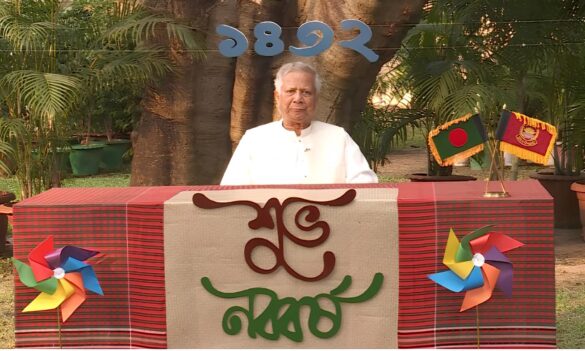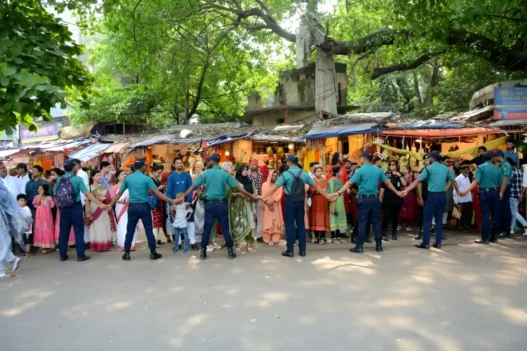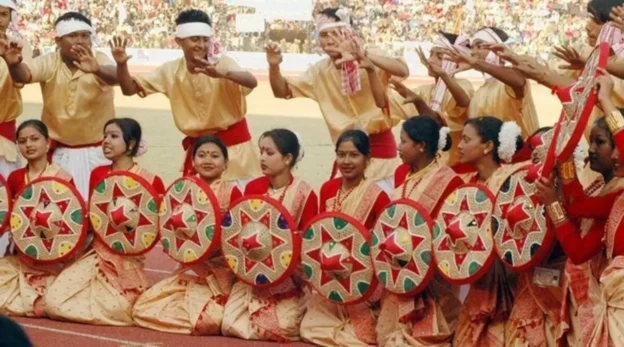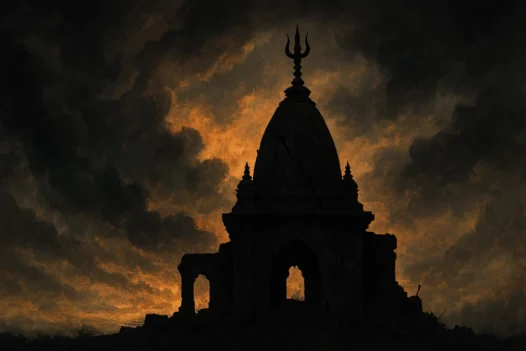A public leaders consultative meeting on Tribal Rights and Land Issues was held in Southern Manipur on April 20 at the Dorcas Hall Mini Auditorium, New Lamka. The meeting comes in the wake of the move by the State government to conduct land surveys in the hill areas of Manipur which has led to much heart burn among tribal communities who predominantly reside in the hilly parts of the state. The government’s move is being seen as attempts at negating indigenous tribal rights in respect to their customary land rights in Manipur.

The public leaders consultative meeting was called by the Zomi Students’ Federation (ZSF), an apex body for several scheduled tribes students organisations in Manipur. The meeting was attended by various CSOs leaders, tribal leaders, and intellectual groups from different parts of the district(s).
The meeting came a day after the Indigenous Tribal Leaders Forum (ITLF) convened a public deliberation and adopted a resolution to object and oppose all types of land surveys in the hill areas of Manipur. This resolution was in response to the rising trend of denying tribal communities their customary land rights.
It may be recalled that the Chief Secretary, Government of Manipur issued a circular on April 3, for verification and surveying of land under Reserved Forest (RF) and Protected Forest (PF) and that such recognised villages by the TA & Hills Department, Manipur falling under the RF and PF shall stand cancelled on grounds of statutory violation.
Read: Land Survey in Manipur run into hurdles, villagers oppose move

The meeting focused on the issue of indigenous land rights in Manipur, delving into the systematic negation of these rights in the name of environmental protection, and highlighting the absence of free, informed, and prior consent from traditional landholders or titleholders in the declaration of Reserved Forest and Protected Forest areas in the region. The meeting also stressed the essential requirement of consent for any conservation or development project or policy made through a statutory Act or law.
As part of this effort, an RTI application was filed on April 17, by the chief of Bungmual village, H. Mangchinkhup, who requested the original map of Churachandpur Khoupum Protected Forest and a copy of the consent letter or no objection letter from individual landowners within the Protected Forest. Under the RTI Act, 2005, the concerned department is required to provide a response to the RTI application within 30 days.
The discussion, moderated by former ZSF President, H. Mangchinkhup, was divided into four sessions with subject and technical experts as speakers.
The first session addressed tribal issues and was initiated by Shri KS Tombing, followed by a session on tribal rights by Advocate P. Khamkhanthuam. The next three sessions, on Tribal Current Impasse and Way-out Plan: Way Forward Deliberation, were initiated by Dr. Sanga R. Laingek. The meeting concluded with a consultation and discussion among public leaders and intellectual groups.
During the consultative meeting, some leaders raised concerns about the state government’s commitment toward achieving the UN’s 2030 Agenda for Sustainable Development Goals, which India as a signatory is committed to.
In a post-meeting statement, one CSO leader stated that, “Any forceful alienation of indigenous people from their lands for environmental protection from the environment to which they are culturally connected with, is not only against the ethos of sustainable development but towards our fundamental rights as well.”
The meeting ended on a positive note with leaders reiterating their commitment to protecting the tribal indigenous rights and land. They emphasised the need for a thorough understanding of the political dynamics and justice system before taking any action.






